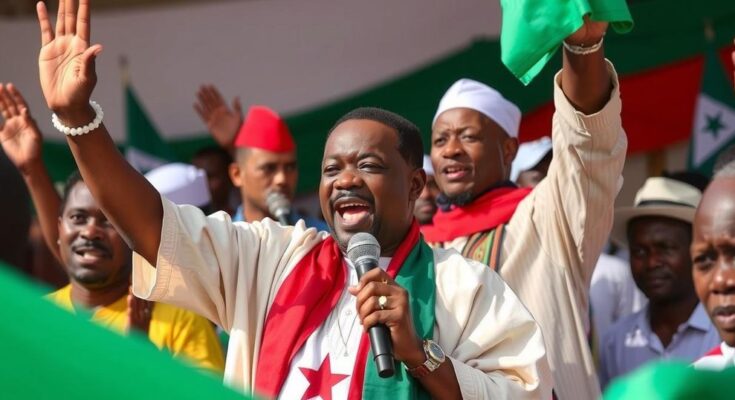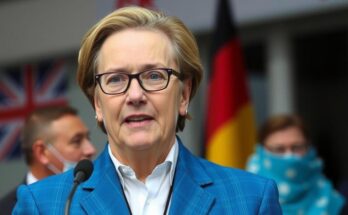Chad’s ruling party won a majority in parliamentary elections that saw a boycott from major opposition parties. The elections are significant in President Mahamat Idriss Deby’s effort to consolidate power and transition to democracy after assuming leadership in 2021 following his father’s death. Concerns remain regarding the credibility of the electoral process amid growing security challenges.
In N’Djamena, the ruling party in Chad has secured a substantial majority in last month’s parliamentary elections, which were not participated in by the principal opposition parties. The provisional results indicate a significant consolidation of political power for President Mahamat Idriss Deby, who assumed control following the death of his father, former President Idriss Deby Itno, in 2021. This election marks a crucial phase in Chad’s journey toward democratization, following the military transition from the previous administration.
The recent elections also encompassed regional and municipal contests, with Mahamat Deby advocating for a shift toward decentralization. He stated that this election would facilitate an era of much-anticipated decentralization that the Chadian populace has long desired. However, more than ten opposition parties, including the prominent Transformers party led by Succes Masra, chose to boycott the elections, labeling them a “charade” and expressing concerns regarding the potential lack of credibility in the electoral process.
Despite these criticisms, the election reflects an essential stage for Chad as it navigates through numerous challenges, including security threats from Boko Haram in the Lake Chad area and a significant downturn in its military relations with France, a historically key ally. The lack of immediate comments from the opposition regarding the election results adds to the uncertainty surrounding the country’s political stability.
Chad’s political landscape has seen significant turmoil following the death of long-standing President Idriss Deby Itno in 2021, which led to his son Mahamat Idriss Deby taking control as a military leader. The recent parliamentary election, designed as part of a larger effort to transition Chad towards a democratic government, faced a major boycott from various opposition factions, indicating a fragmented political environment. The state of security in Chad has been a growing concern, exacerbated by militant activity and shifting international alliances that could affect future governance and stability.
In conclusion, Chad’s ruling party has emerged victorious in a largely contested parliamentary election marked by significant opposition boycotts. This electoral outcome indicates a consolidation of power under President Mahamat Idriss Deby and signals challenges for the opposition in reclaiming influence. The ongoing security issues and the ramifications of changed international relationships will be critical factors shaping Chad’s political future as it attempts to actualize the promises of decentralization and democratic governance.
Original Source: www.washingtonpost.com




